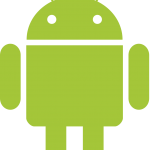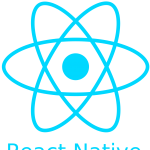Hire remote Flutter developers that you can trust
Hire Flutter developers from a unique network of 50,000+ pre-vetted offshore talents from Europe and Latin America, looking for a full-time contract. YouTeam developers stand apart for their ability to think like product managers and act like software architects. We also manage everything, so there’s zero overhead for your company.
Hire developers160 best Flutter developers for hire on YouTeam in February 2025

Pavlo
Mobile Developer
Boldizsar
Android Developer
Viacheslav
Senior Flutter Developer
Yevhen
Mobile Developer
Manuel Elkin Chala
Flutter Developer
Sergio Rangel
Computer Scientist
Yaroslav
Expert Flutter Developer
Olexandr
Proficient Flutter Developer
Román
Full-Stack Developer
Dany
Software DeveloperStart hiring to
see all talent
Hire
developers

Best Developer
Software DeveloperTrusted by Fortune 500 companies and Y Combinator startups
Why hire Flutter developers with YouTeam
 48-hour personalized matching
YouTeam handpicks the best-matched candidates.
48-hour personalized matching
YouTeam handpicks the best-matched candidates.
 Zero overhead
Locally-compliant contracts and billing
Zero overhead
Locally-compliant contracts and billing
 Dedicated white-glove support
Dedicated white-glove support




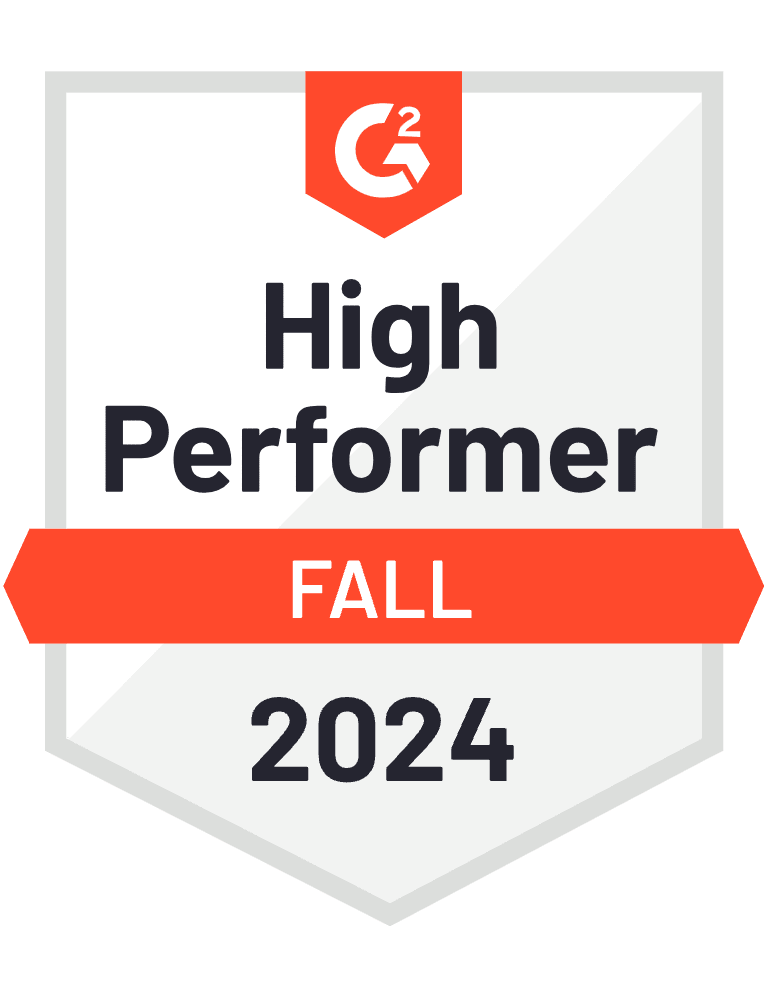

How to hire Flutter developers with YouTeam
Share your requirements Set up a quick call with one of our Matching Experts — your dedicated contact at YouTeam.
Undergo Personalized Matching Your Matching Expert curates a candidate list, conducts pre-interviews, and ensures a perfect match for your needs—covering developers' skills, tech stack preferences, interests, and personality.
Meet the right candidates Review a list of candidates screened specifically for your request and pick the best for the interview stage. Average interview-to-hire ratio on YouTeam platforms: 1.75.
Hire and work with confidence YouTeam automates contract signing and invoicing through its secure system. Your dedicated Matching Expert stays with you throughout the collaboration with contractors.

Find developers skilled in related technology
More technologiesRead about Flutter on our blog
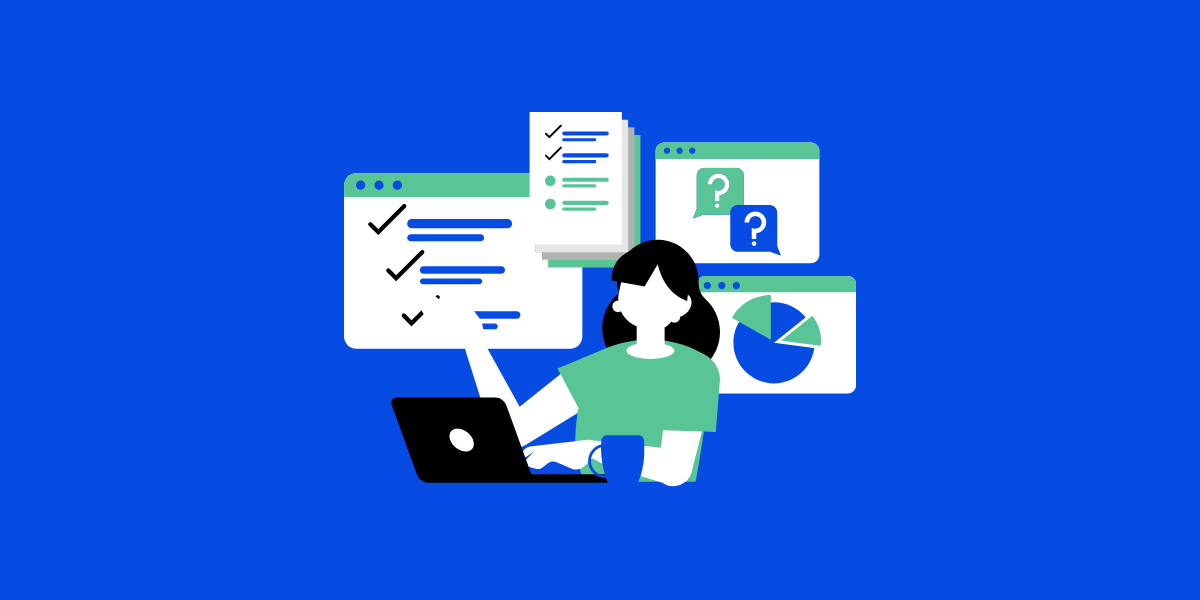 Mobile App Development Companies: Choose The Best One for Your Project
Mobile App Development Companies: Choose The Best One for Your Project
YouTeam Editorial Team
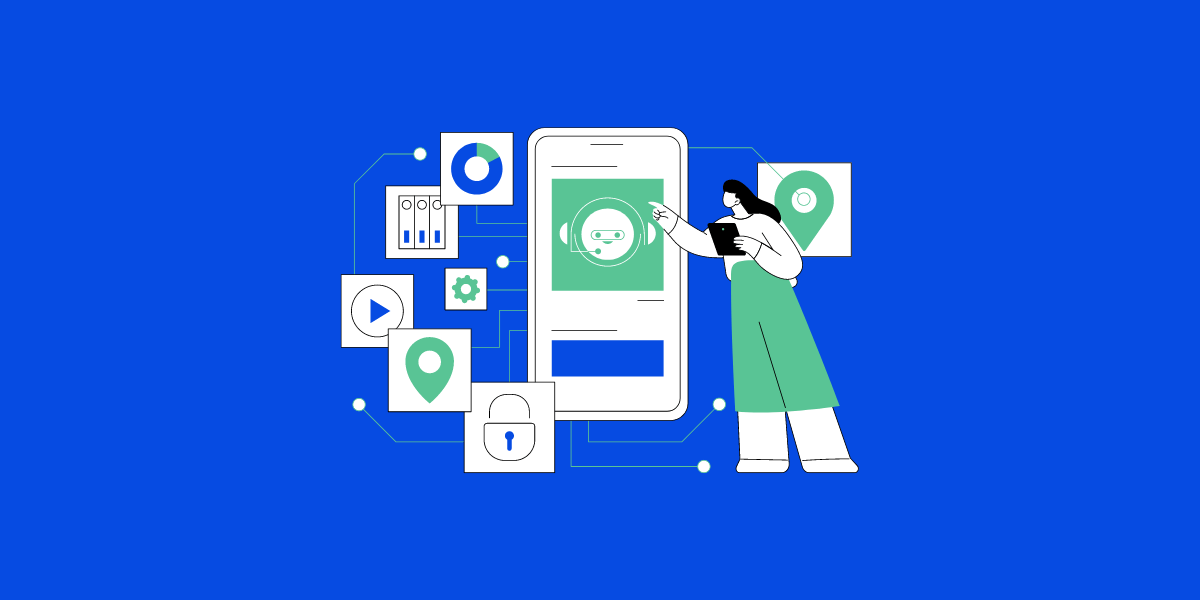 A Comprehensive Guide on App Development Outsourcing in 2024: How To Build an Offshore Mobile Development Team
A Comprehensive Guide on App Development Outsourcing in 2024: How To Build an Offshore Mobile Development Team
Tristan Senycia
About Flutter
- What is Flutter?
- What is Flutter used for?
- Benefits of using Flutter
- Flutter tech stack: Key components and variations
- What is the role of a Flutter developer?
- What are the different Flutter developer experience levels?
- Key responsibilities of Flutter developers
- Skills to look for in a Flutter developer
- Types of Flutter developers: freelancers, in-house engineers, outsourced programmers
- How to write the Flutter job description?
- Flutter developer hard skills assessment questions
Flutter, developed by Google, is an open-source UI software development kit (SDK) primarily used for cross-platform app development. Released in 2017, Flutter allows developers to build applications for multiple platforms, including Android, iOS, Windows, Mac, Linux, and Google Fuchsia. With Flutter, you can create cross-platform apps using a single codebase, which significantly simplifies the mobile app development process. It provides a visually appealing and intuitive interface for developers and is built using Dart, a programming language also created by Google.
Each Flutter app is constructed using a widget-based architecture, supporting rich animations and gestures. The framework utilizes reactive programming, which enables developers to build high-performance, modern apps. Flutter comes with a vast collection of pre-built, customizable widgets, which allow developers to create native-like user interfaces for both mobile and web. These widgets are optimized for performance and flexibility, and the coding style in Flutter is declarative, similar to HTML in terms of its simplicity and structure.
Flutter is primarily used for developing cross-platform applications, meaning developers can use a single codebase to create apps for Android, iOS, Windows, macOS, Linux, and even the web. Flutter is ideal for building:
1. Mobile Applications: Flutter is widely used for creating mobile apps with native-like performance and design for both Android and iOS platforms.
2. Web Applications: With support for web technologies, Flutter allows developers to create responsive web apps using the same codebase used for mobile.
3. Desktop Applications: Flutter is also used to build desktop apps for Windows, macOS, and Linux, providing a seamless experience across multiple devices.
4. Embedded Devices: It supports the development of apps for Google Fuchsia and other embedded systems.
5. Prototypes and MVPs: With its fast development cycle, Flutter is a popular choice for creating prototypes or minimum viable products (MVPs) to test ideas quickly.
Flutter’s flexibility, high-performance rendering engine, and rich UI libraries make it a powerful tool for creating visually appealing and consistent applications across various platforms.
Flutter offers several advantages that make it a popular choice for cross-platform development. Here are the key benefits:
1. Single Codebase for Multiple Platforms: Flutter allows developers to write one codebase that can be deployed across Android, iOS, web, and desktop platforms. This significantly reduces development time and costs.
2. Fast Development with Hot Reload: Flutter’s hot reload feature enables developers to instantly view changes made to the code without restarting the entire app. This speeds up development and debugging processes, making iteration faster and more efficient.
3. Native-Like Performance: Flutter compiles directly to native ARM code, ensuring high performance and fast rendering on both iOS and Android devices. The use of the Skia graphics engine provides smooth and efficient performance comparable to native apps.
4. Rich Pre-built Widgets: Flutter provides a wide array of customizable widgets that allow developers to build highly dynamic and responsive UIs. This helps in creating a consistent look and feel across platforms.
5. Strong Community Support: As an open-source framework backed by Google, Flutter has a large and growing community. This means access to extensive documentation, plugins, and a rich ecosystem of libraries, reducing the need for custom development from scratch.
6. Cost-Efficiency: By reducing the need for separate development teams for each platform, Flutter helps businesses save both time and money while delivering a consistent experience across platforms.
7. Growing Popularity and Support: As Flutter continues to evolve, it receives regular updates and enhancements, ensuring long-term viability and a growing ecosystem for developers.
When developing with Flutter, there are different tech stacks that developers can use based on the project’s needs. Each stack leverages the core components of Flutter while incorporating additional technologies to extend functionality and optimize performance. Below are some common Flutter stacks:
1. Flutter + Firebase Stack
This is one of the most popular stacks for mobile app development. Firebase offers real-time database services, cloud storage, and authentication, making it ideal for building scalable, data-driven apps. Pairing Flutter with Firebase allows developers to quickly deploy backend services without managing server infrastructure.
2. Flutter + REST API Stack
This stack is ideal for apps that need to fetch and display data from external sources or backend services. By integrating Flutter with RESTful APIs, developers can connect the app to various databases or microservices, enabling dynamic data fetching and seamless integration with existing web services.
3. Flutter + GraphQL Stack
For more efficient data management and querying, some developers prefer using GraphQL with Flutter. GraphQL offers flexibility in querying backend data and provides faster performance by retrieving only the required data. This stack is suitable for apps with complex data models and those that need optimized server interactions.
4. Flutter + Bloc/Cubit Architecture Stack
This stack focuses on state management, which is critical for building scalable apps. The Bloc (Business Logic Component) and Cubit libraries help manage app state efficiently, separating UI from business logic. It’s a powerful stack for apps that require complex user interactions and dynamic UIs.
5. Flutter + AWS Stack
For enterprise-level applications, Flutter can be integrated with Amazon Web Services (AWS). AWS provides a suite of cloud services such as EC2 for hosting, S3 for storage, and Cognito for authentication. This stack is ideal for projects that require high scalability and enterprise-level security features.
6. Flutter + AR/VR Stack
Flutter’s capabilities can be extended to include augmented reality (AR) and virtual reality (VR) by integrating AR/VR development frameworks like Unity or ARKit. This stack is ideal for building immersive mobile applications, such as games or virtual shopping experiences.
7. Flutter + MySQL/PostgreSQL Stack
For apps requiring traditional relational databases, Flutter can be integrated with databases like MySQL or PostgreSQL via APIs. This stack is commonly used in applications that rely on structured data storage, such as e-commerce platforms and content management systems.
A Flutter developer specializes in building cross-platform mobile applications using the Flutter framework and Dart programming language. Their role involves designing, developing, and maintaining apps that work seamlessly on both iOS and Android platforms from a single codebase, which helps reduce development time and costs. Flutter developers are responsible for implementing responsive UI designs, integrating third-party APIs, managing app performance, and ensuring the app meets user requirements. They often collaborate with designers, backend developers, and product teams to deliver user-friendly mobile solutions.
Flutter developers can be categorized into three experience levels: junior, mid-level, and senior, each with varying degrees of expertise and responsibilities.
1. Junior Flutter Developer
Junior Flutter developers typically have 0-2 years of experience. They are proficient in the basics of Flutter and Dart, understand fundamental UI principles, and can work on smaller features or fix bugs. They usually require guidance from more experienced developers and focus on learning best practices and gaining hands-on experience.
2. Mid-Level Flutter Developer
Mid-level developers, with 2-5 years of experience, possess a deeper understanding of Flutter’s architecture and can build more complex, fully functional applications. They are familiar with state management, third-party integrations, and app performance optimization. Mid-level developers are often responsible for managing parts of the project independently and can troubleshoot and resolve issues more efficiently.
3. Senior Flutter Developer
Senior Flutter developers have 5+ years of experience and bring expertise in building and scaling large, high-performance applications. They possess advanced knowledge of Flutter and Dart, architectural patterns, and cross-platform app deployment. Senior developers lead teams, mentor junior developers, and are often involved in critical decision-making processes, such as app design, architecture, and performance optimization.
1. Cross-Platform App Development: Design and implement mobile applications for both iOS and Android platforms using the Flutter framework, ensuring consistent functionality and design across devices.
2. UI/UX Design Implementation: Translate design wireframes into responsive, visually appealing interfaces using Flutter’s widget system, focusing on user experience and performance.
3. Integration of APIs and Third-Party Libraries: Collaborate with backend developers to integrate RESTful APIs and third-party libraries, ensuring seamless data flow and functionality within the application.
4. Performance Optimization: Monitor and improve application performance by profiling and debugging Flutter apps, implementing best practices for efficient coding and resource management.
5. Version Control and Collaboration: Use version control systems (such as Git) to manage code changes and collaborate with team members, ensuring effective communication throughout the development lifecycle.
6. Testing and Quality Assurance: Write unit and widget tests to ensure the reliability and quality of the application, using Flutter’s testing framework to identify and resolve issues before deployment.
7. Continuous Learning and Adaptation: Keep up-to-date with the latest Flutter and Dart updates, best practices, and community trends to incorporate innovative solutions into ongoing projects.
1. Proficiency in Dart: A strong understanding of Dart programming language is essential, as Flutter applications are primarily built using Dart.
2. Flutter Framework Knowledge: In-depth knowledge of the Flutter framework, including its architecture, widget tree, and state management solutions like Provider or Riverpod, is crucial for developing robust applications.
3. Cross-Platform Development Experience: Experience in building applications for both iOS and Android platforms, ensuring consistency in functionality and design across different devices.
4. UI/UX Design Skills: Ability to implement visually appealing user interfaces and a keen eye for design.
5. API Integration Skills: Familiarity with RESTful APIs and the ability to integrate backend services and third-party libraries into Flutter applications for enhanced functionality.
6. Version Control Proficiency: Experience with version control systems like Git, enabling collaboration and code management within a development team.
7. Testing and Debugging Skills: Knowledge of Flutter’s testing frameworks and best practices for unit testing, widget testing, and integration testing.
8. Problem-Solving Abilities: Strong analytical and problem-solving skills to troubleshoot issues and optimize application performance effectively.
9. Continuous Learning Mindset: Willingness to stay updated with the latest Flutter developments, libraries, and best practices, adapting to changes in the ecosystem.
10. Communication and Collaboration Skills: Effective communication skills to work collaboratively with designers, product managers, and other developers, ensuring a smooth development process.
When planning to hire Flutter developers, you have various options based on the hiring model that best fits your project needs and budget. You can choose between freelancers, in-house Flutter developers, or outsourced Flutter development teams.
Freelance Flutter Developers
If your project is relatively simple or has budget constraints, hiring a freelance Flutter developer can be a cost-effective solution. Freelancers are often engaged for short-term tasks or to provide additional support on existing projects. When you need to scale quickly, hiring Flutter freelancers can help you fill specific roles without long-term commitments.
In-House Flutter Developers
For companies building new products from scratch, hiring Flutter developers in-house is crucial. These full-time employees handle core development tasks, ensuring that the product is built efficiently and aligns with business goals. This option is ideal when you need complete control over the development process and want to foster collaboration among team members.
Outsourced Flutter Developers
Another option is to hire an outsourced Flutter development team. Whether you want to hire Flutter developers for a complete project or extend your in-house team with contractors, outsourcing offers flexibility. You can either fill gaps in your core team or delegate the entire development process to an external provider.
When considering the best option for your business, think about your long-term goals, budget, and the level of control you need over the project.
Here are the key components to include in your job description:
1. Job Title
Start with a clear and specific title, such as “Flutter Developer” or “Senior Flutter Developer,” to ensure candidates understand the role.
2. Job Summary
Provide a brief overview of the position, including the primary responsibilities and the significance of the role within the company. Mention any specific projects or products the developer will work on.
3. Key Responsibilities
Outline the main tasks the Flutter developer will be expected to perform. This may include developing mobile applications, collaborating with designers, implementing UI/UX elements, and debugging applications. Be specific about project goals and expected deliverables.
4. Required Skills
List the essential skills and qualifications needed for the role. This may include proficiency in Dart, experience with the Flutter framework, knowledge of RESTful APIs, and familiarity with state management solutions like Provider or Bloc. Additionally, mention any relevant experience in mobile app development.
5. Preferred Qualifications
Highlight any preferred qualifications that could give candidates an edge, such as prior experience in full-stack development, familiarity with backend technologies, or contributions to open-source projects.
6. Education and Experience
Specify the level of education and experience you expect from candidates. For instance, you may require a degree in Computer Science or a related field, along with a certain number of years of professional experience in Flutter development.
7. Work Environment and Benefits
Describe the work environment, whether it’s remote, hybrid, or in-office. Include any benefits offered, such as health insurance, flexible working hours, or professional development opportunities.
8. Application Process
Provide clear instructions on how candidates should apply. Include details on what to submit, such as a resume, portfolio, or examples of previous work, along with a deadline for applications.
Here are some targeted questions that can help you evaluate a Flutter developer expertise:
1. What are the main differences between Stateful and Stateless widgets in Flutter?
Understanding the difference between these widget types is fundamental to Flutter development, impacting how the UI responds to changes.
2. Can you explain the concept of the widget tree in Flutter? How does it affect performance?
A solid grasp of the widget tree is crucial for optimizing performance and ensuring efficient rendering in Flutter applications.
3. How do you manage state in a Flutter application? What state management solutions have you used, and why?
This question assesses the candidate’s familiarity with different state management approaches like Provider, Riverpod, or Bloc.
4. What is the significance of the async and await keywords in Dart? Can you provide an example of how you’ve implemented them?
This evaluates their understanding of asynchronous programming, which is vital for managing network calls and background tasks in Flutter apps.
5. Describe how you would handle errors and exceptions in a Flutter application.
This question tests their approach to ensuring robust applications through error handling and logging strategies.
6. Can you discuss how you optimize Flutter apps for performance? What tools or techniques do you use?
Candidates should demonstrate knowledge of profiling tools and techniques to identify and mitigate performance bottlenecks.
7. How do you integrate RESTful APIs into your Flutter applications? Can you give an example?
This assesses their practical experience with network requests, handling responses, and error management when dealing with external data sources.
FAQ about Hiring Flutter developer
Why choose YouTeam to hire Flutter developers?
YouTeam offers access to a highly qualified pool of Flutter developers, helping you scale your team quickly. Each developer is thoroughly vetted, ensuring their skills, experience, and reliability. With partnerships across 500+ development agencies and over 50,000 developers, you can receive qualified candidates within 48 hours, making it a fast and reliable solution for your hiring needs.
How does YouTeam vet Flutter developers?
YouTeam follows a multi-stage vetting process. First, developers are sourced from trusted development agencies, ensuring they meet the necessary skill and experience requirements. Pre-screened candidates are then forwarded to clients for further interviews, allowing them to select the best fit based on specific project needs.
How much does it cost to hire the best Flutter developers through YouTeam?
The cost of hiring Flutter developers on YouTeam varies based on factors like expertise, location, and skills. On average, a Flutter developer through YouTeam charges around $48 per hour, though rates can fluctuate depending on specific project requirements.
How quickly can you hire with YouTeam?
With YouTeam, you can hire developers faster than traditional methods. Here’s why:
1. Shortlist in 48 hours: Powered by our AI Matchmaker and human experts, we deliver a tailored shortlist of vetted candidates within just 48 hours.
2. Larger talent pool: As a marketplace, YouTeam offers access to a broader range of developers from hundreds of partner agencies, giving you more options than typical outsourcing agencies.
3. Seamless process: From the moment you request a call, our Matching Experts handle the rest, ensuring you quickly receive top-quality candidates who match your precise requirements.
With YouTeam, our clients have been able to build development teams within just a few weeks, not months.
What is the no-risk trial period for YouTeam developers?
1-Month Trial: You can terminate the engagement at any time during the first month.
Free Replacements: If you’d like to replace a contractor, we’ll do it within two weeks, free of charge.
You can learn more by reading our Money-Back Guarantee.
How is YouTeam different from freelance portals for hiring Flutter developers?
Unlike freelance platforms, YouTeam connects you with developers from trusted software development agencies, not freelancers. This ensures that developers have the necessary technical and soft skills, along with relevant experience. If a developer needs to be replaced unexpectedly, YouTeam can quickly provide a substitute of equal skill to avoid project delays.
How do Flutter developer salaries differ, and why?
Flutter developer salaries vary significantly based on geographical location, experience level, and project complexity. In the United States, average annual salaries range from $95,000 to $130,000, with experienced developers in tech hubs like San Francisco or New York earning upwards of $150,000. This is driven by high demand and the elevated cost of living.
In Eastern Europe, Flutter developers typically earn between $32,000 to $53,000 per year, reflecting the region’s lower living expenses. Similarly, in Latin America, salaries range from $25,000 to $50,000, making it an attractive option for companies seeking skilled developers at competitive rates.
Reviews
“It's just much more convenient to find a small team. I talk to one person, get 5 hand-picked CVs, interview candidates, hire the best ones – and I’m done!”
“Every time YouTeam sends me a list of potential developers, I am confident that I can interview pretty much anybody and they will be a good candidate.”
“The decision to use YouTeam was made by comparing them directly to the other candidates. As soon as I started talking to them, YouTeam adopted a hands-on approach. Time-wise, YouTeam also performed well.”
“We will definitely continue with them in the future. I’m so happy with their work that I’ve recommended them to my other company as well. There were no issues, it was really good. I gave a very loose brief, and the developer who worked for me had enough initiative to tighten it up by asking relevant questions. There was no messing around—it was done really well, with good, clean code.”
“YouTeam was very quick and responsive. I was presented with great candidates in just days, which was fantastic for me because we were looking to move fast. They had experience working on similar projects to exactly what we needed.”
“We wanted to boost our capacity for a period of six to twelve months. I decided to get a shot with YouTeam is that in any other place I can't say that I'm looking for a team of 5 developers with the possibility to scale. Now I returned to them again - this time for the confidence. If somebody is on the YouTube platform, you know that they've met a certain threshold of customer satisfaction, they've got a history of successful work elsewhere.”


